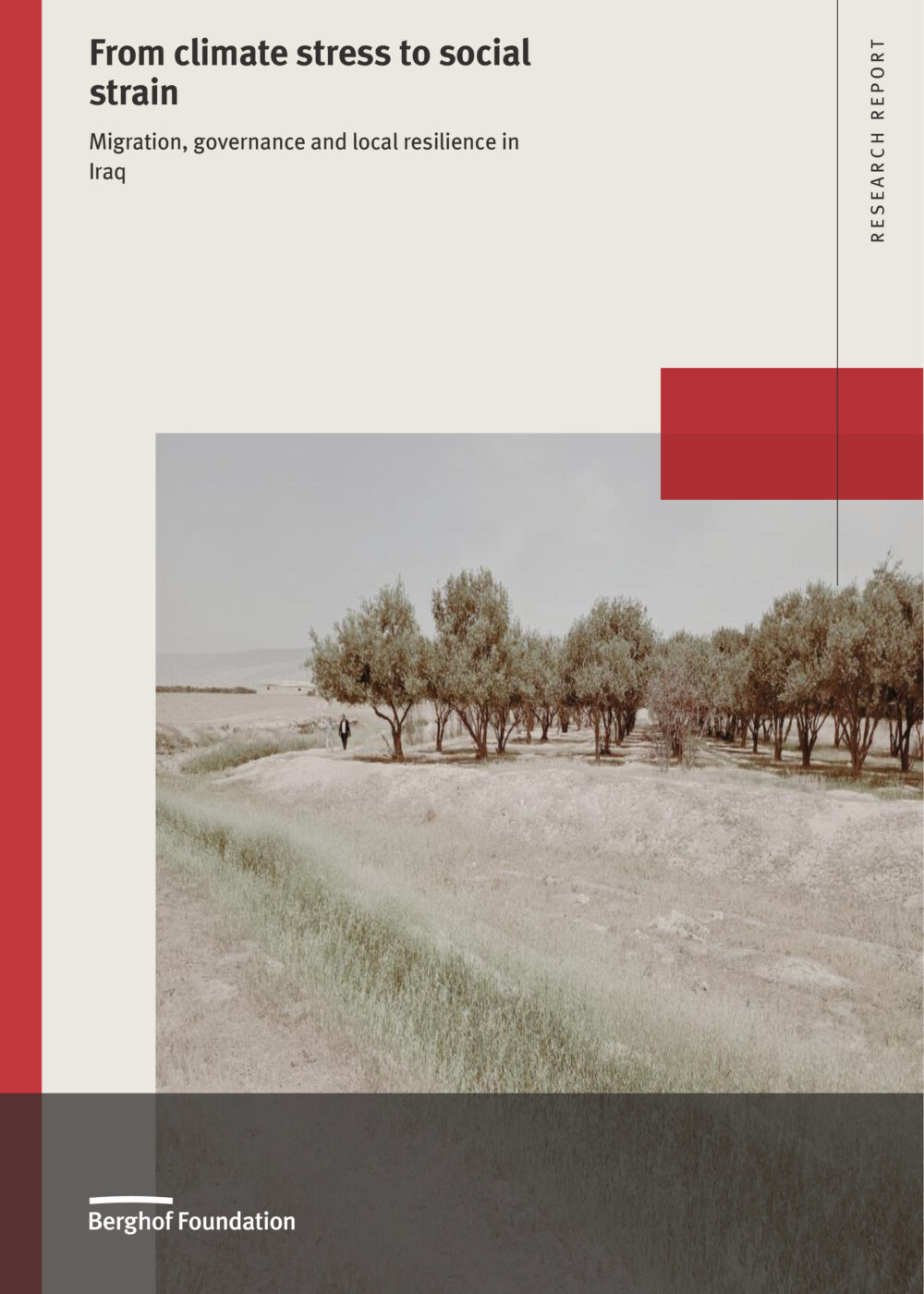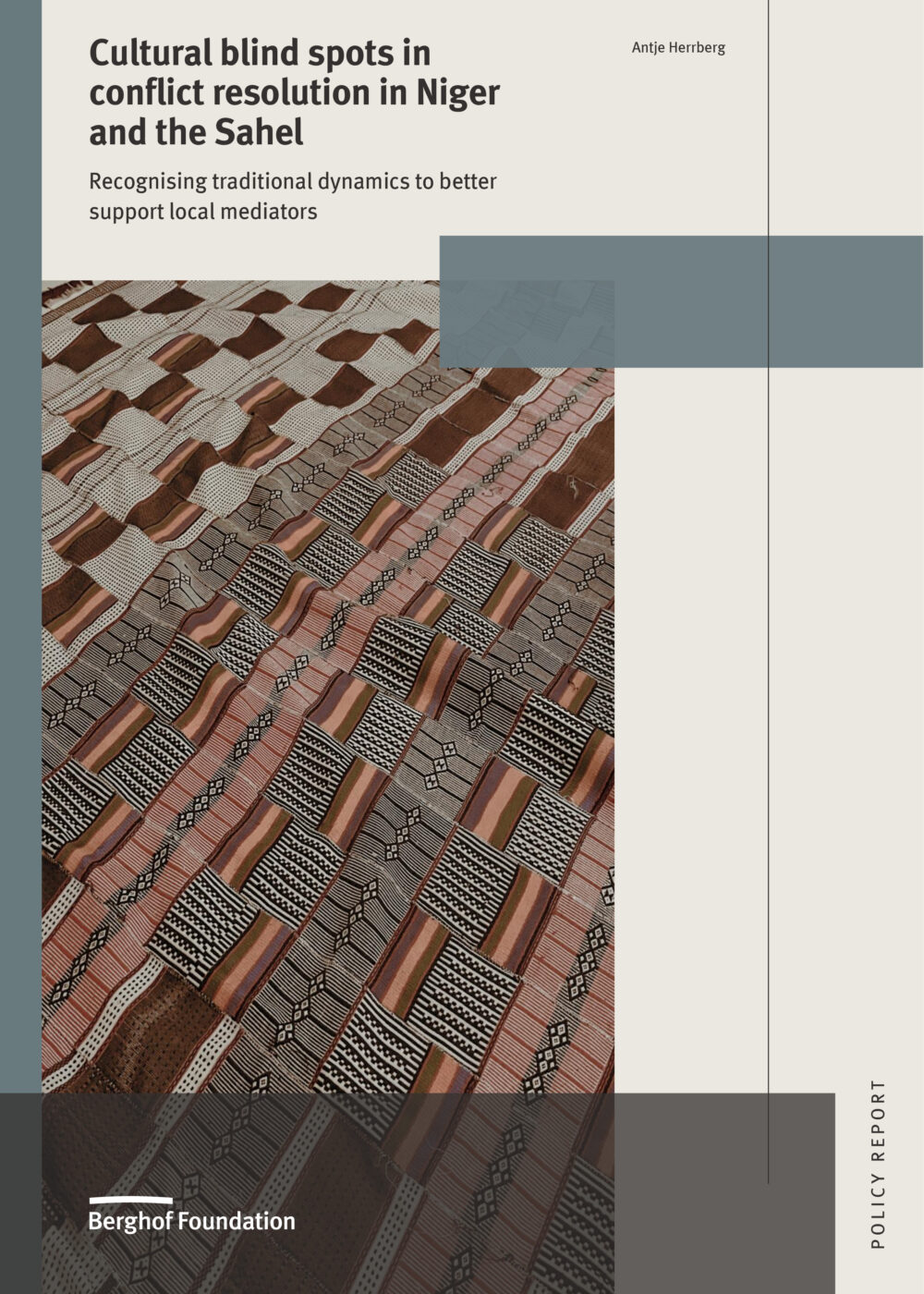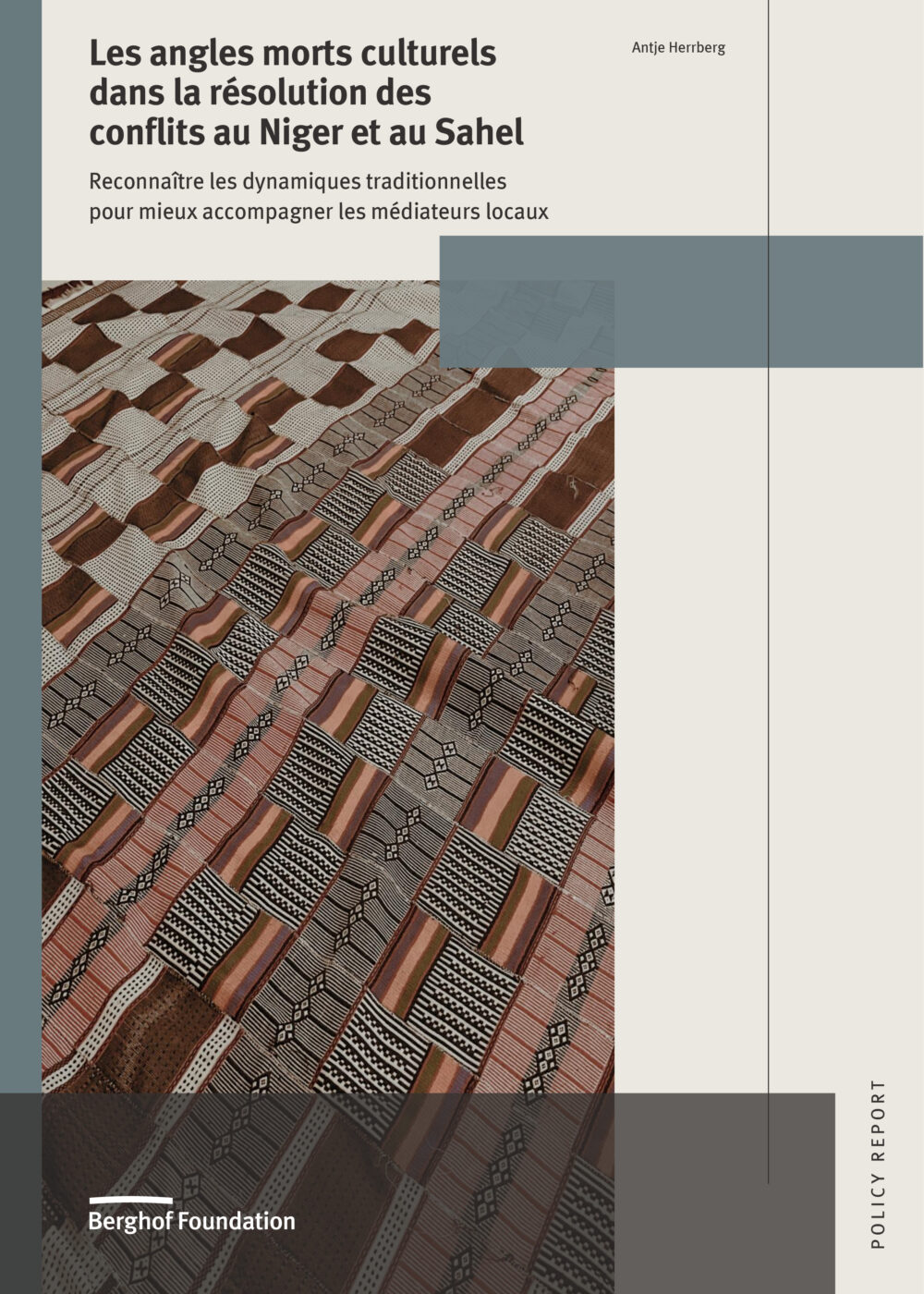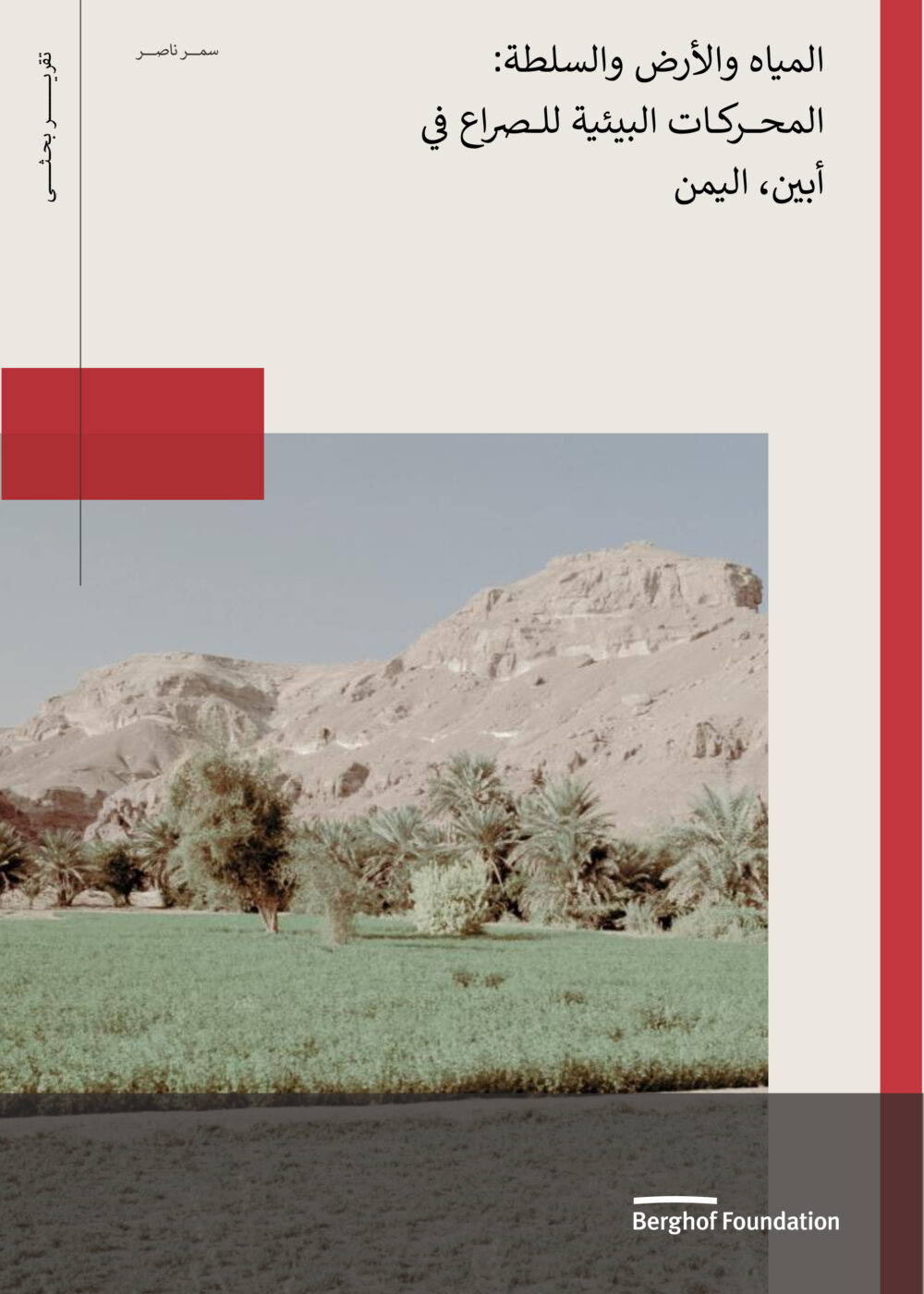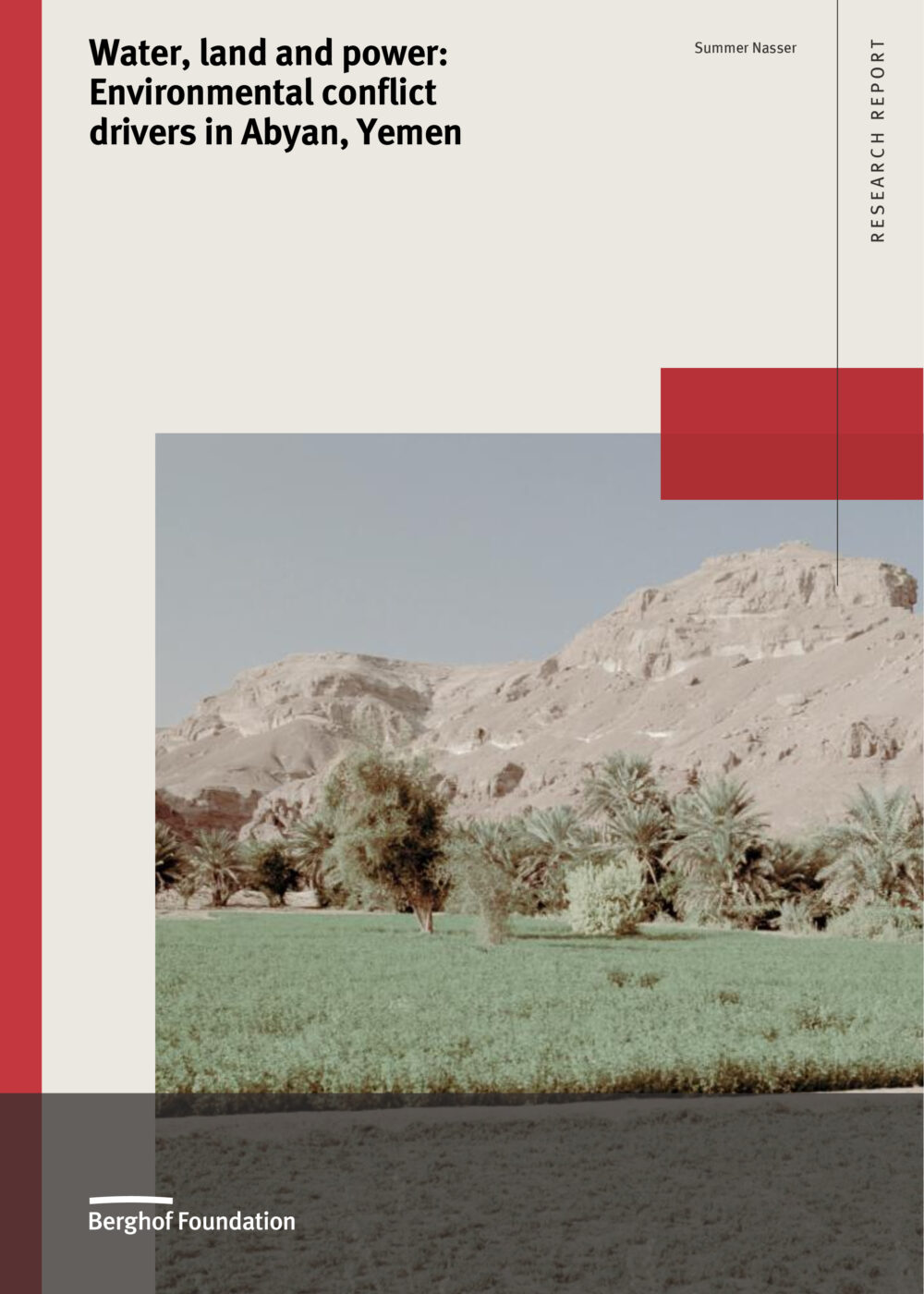1 Jan 2003
Consilience of Knowledge for Sustained Positive Peace: A response to the Articles by Cordula Reimann and Hugh Miall
Handbook Article Response
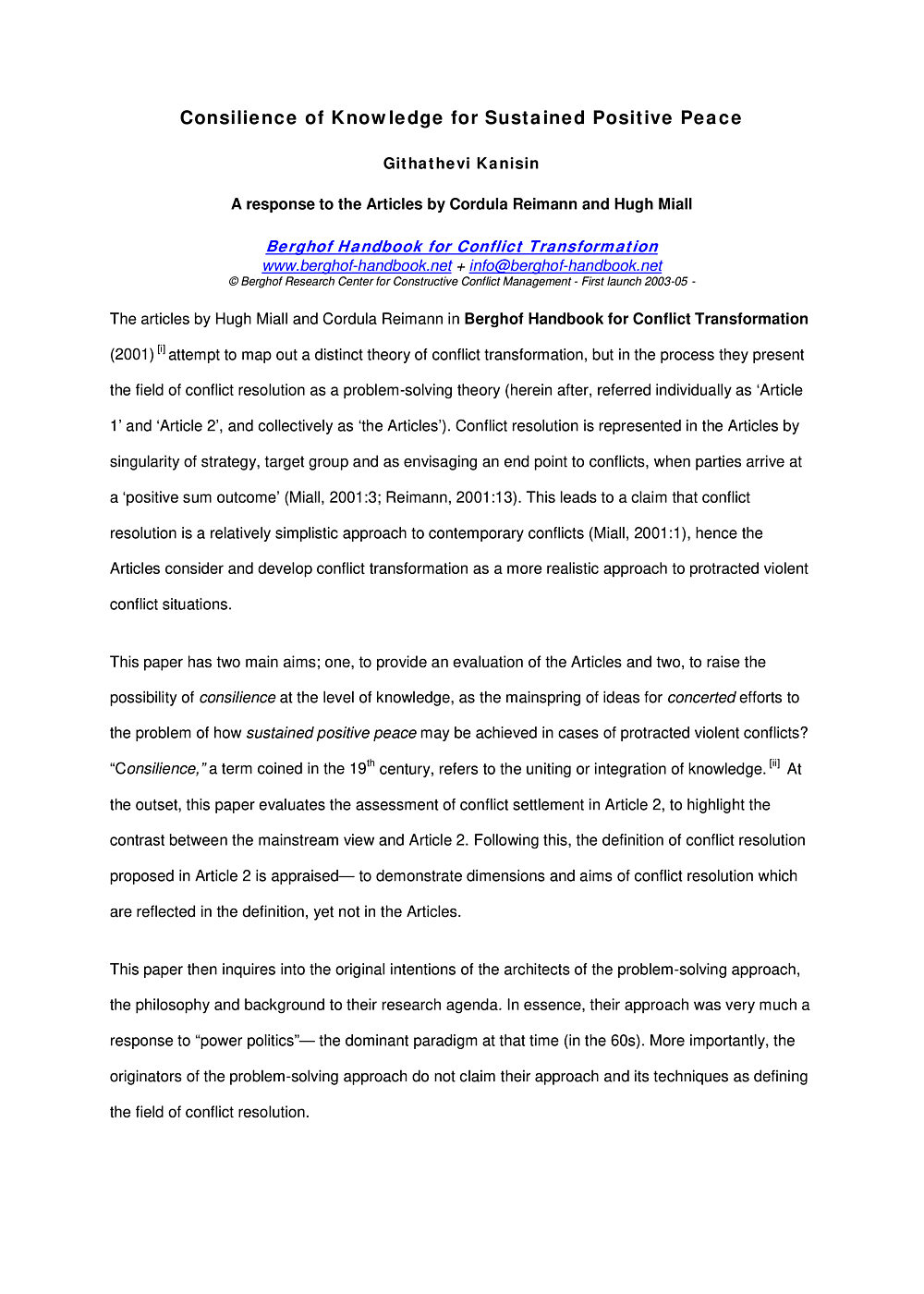
The articles by Hugh Miall and Cordula Reimann in Berghof Handbook for Conflict Transformation (2001) attempt to map out a distinct theory of conflict transformation, but in the process they present the field of conflict resolution as a problem-solving theory (herein after, referred individually as ‘Article 1’ and ‘Article 2’, and collectively as ‘the Articles’). Conflict resolution is represented in the Articles by singularity of strategy, target group and as envisaging an end point to conflicts, when parties arrive at a ‘positive sum outcome’ (Miall, 2001:3; Reimann, 2001:13). This leads to a claim that conflict resolution is a relatively simplistic approach to contemporary conflicts (Miall, 2001:1), hence the Articles consider and develop conflict transformation as a more realistic approach to protracted violent conflict situations
Authors
Githathevi Kanisin
This paper has two main aims; one, to provide an evaluation of the Articles and two, to raise the possibility of consilience at the level of knowledge, as the mainspring of ideas for concerted efforts to the problem of how sustained positive peace may be achieved in cases of protracted violent conflicts? “Consilience,” a term coined in the 19th century, refers to the uniting or integration of knowledge.
Thanks for your interest
If you find this publication useful, please consider making a small donation. Your support enables us to keep publishing.



